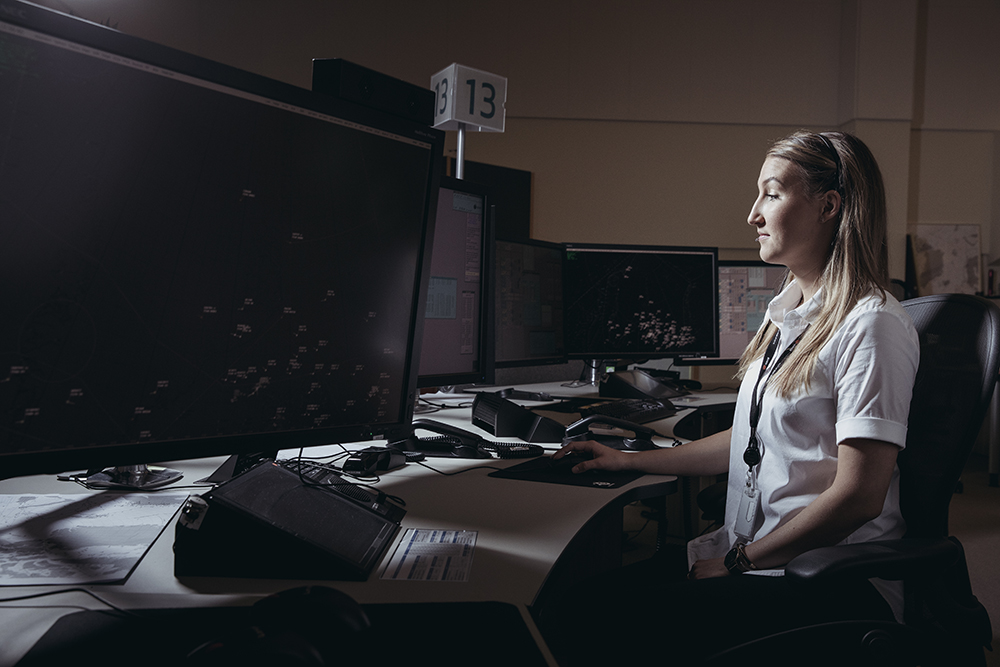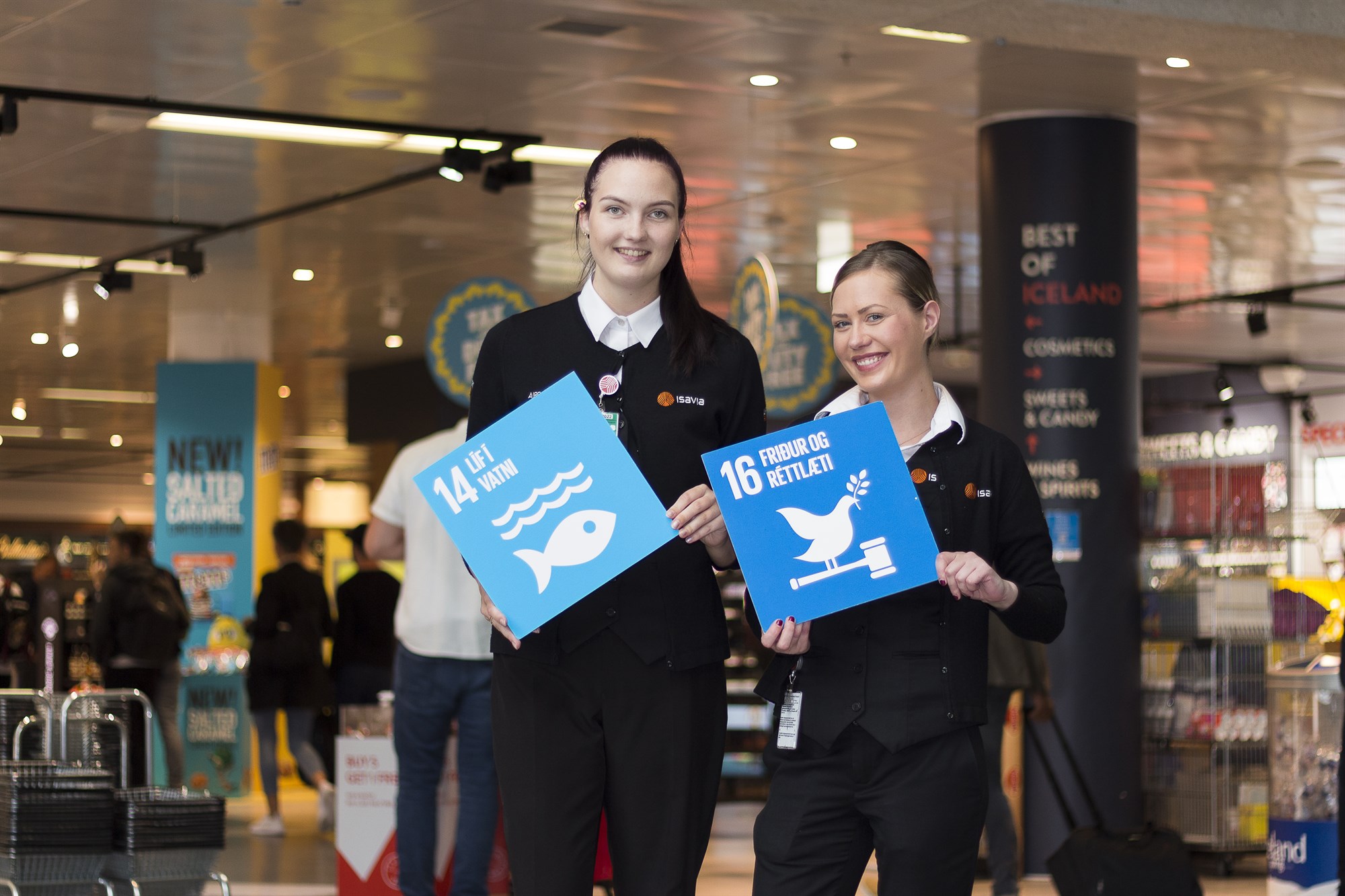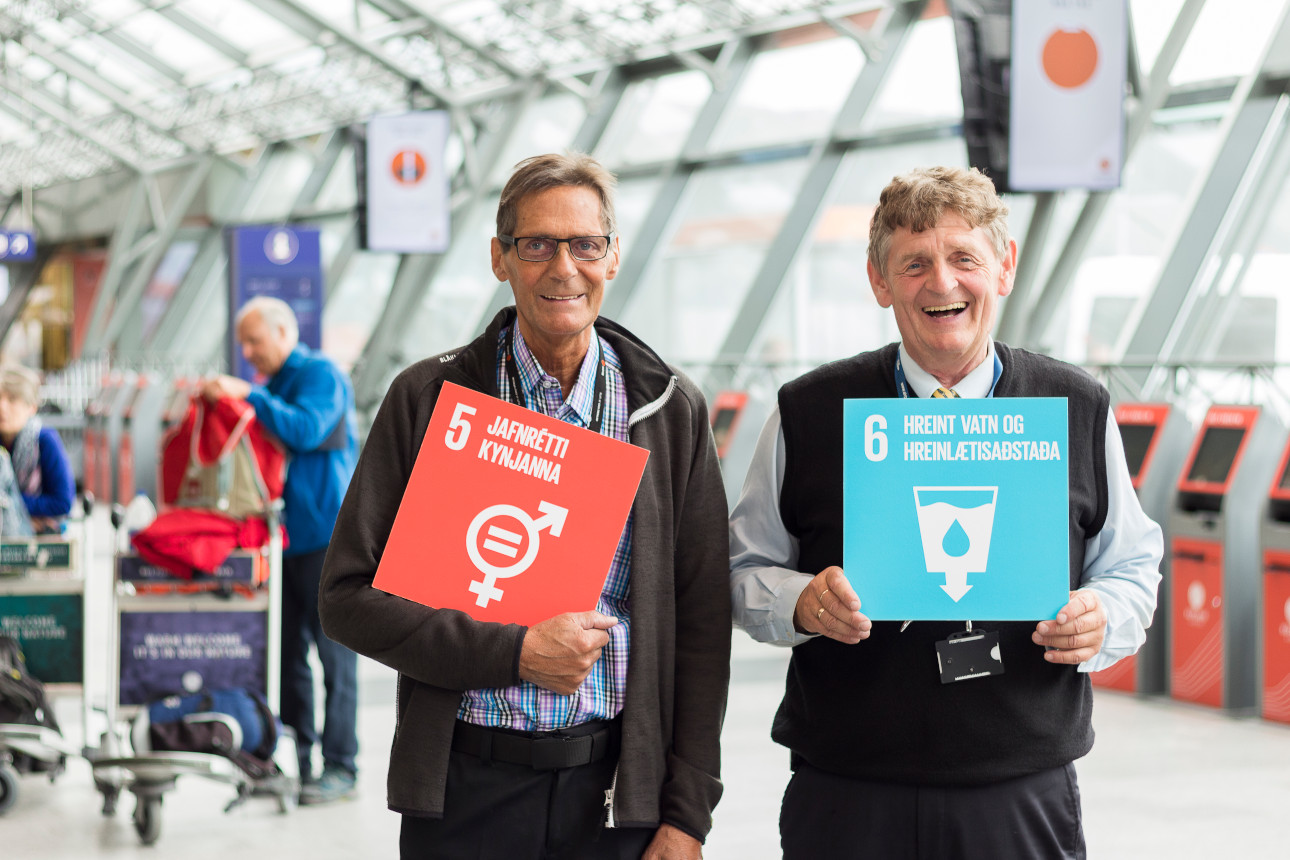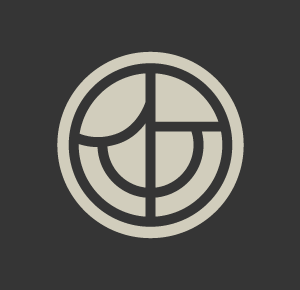Isavia seeks to be a sought-after workplace, and the main focus of Isavia’s human resources policy is to promote general job satisfaction, good morale and exceptional services among Isavia employees and subsidiaries. Isavia’s values – service, cooperation and safety – are reflected in the focus areas which form the foundation of Isavia’s human resources affairs. Increased competition in the labour market and the changed needs of the labour market call for management to create a motivating working environment to attract hard working and competent employees.
Isavia endeavours to enable employees to balance work and family responsibilities, for the benefit of the company and better quality of life for employees. One of the most important foundations for a successful career and work-related achievements is the family and closest relatives of employees. As a result, a good balance between work and private life is important. Isavia employees must show an aptitude for service and are required to do their best to always provide outstanding services. Employees are to discharge their duties diligently and conscientiously and show respect for each other. A prerequisite to enabling Isavia to offer its customers first-rate services is ensuring that employees feel secure and content in their jobs.
Workplace analysis are carried out every two years, most recently in 2018. Employee improvement teams are established to work with the results of workplace analyses, with the goal of increasing job satisfaction and well-being at work.
The Human Resources Division encourages managers to regularly conduct performance interviews with their staff. The conversation should give the employee and manager the opportunity to discuss projects, potential problems and remedial actions.
Isavia employs a diverse group of staff at various workplaces across the country. By the end of 2019, Isavia employed 1,155 people, 34% women and 66% men. The number of employees decreased between years. The Duty Free Store, a subsidiary of Isavia, employs around 180 employees. The average age of employees is 41.7 years, and the average length of service is 8.4 years.
Number of employees by age and gender GRI 405-1
| Men | Women | |
|---|---|---|
| Younger than 30 years | 146 | 107 |
| 30 - 50 years | 372 | 197 |
| Older than 50 years | 249 | 84 |


 Staffið - The staff association
Staffið - The staff association 



